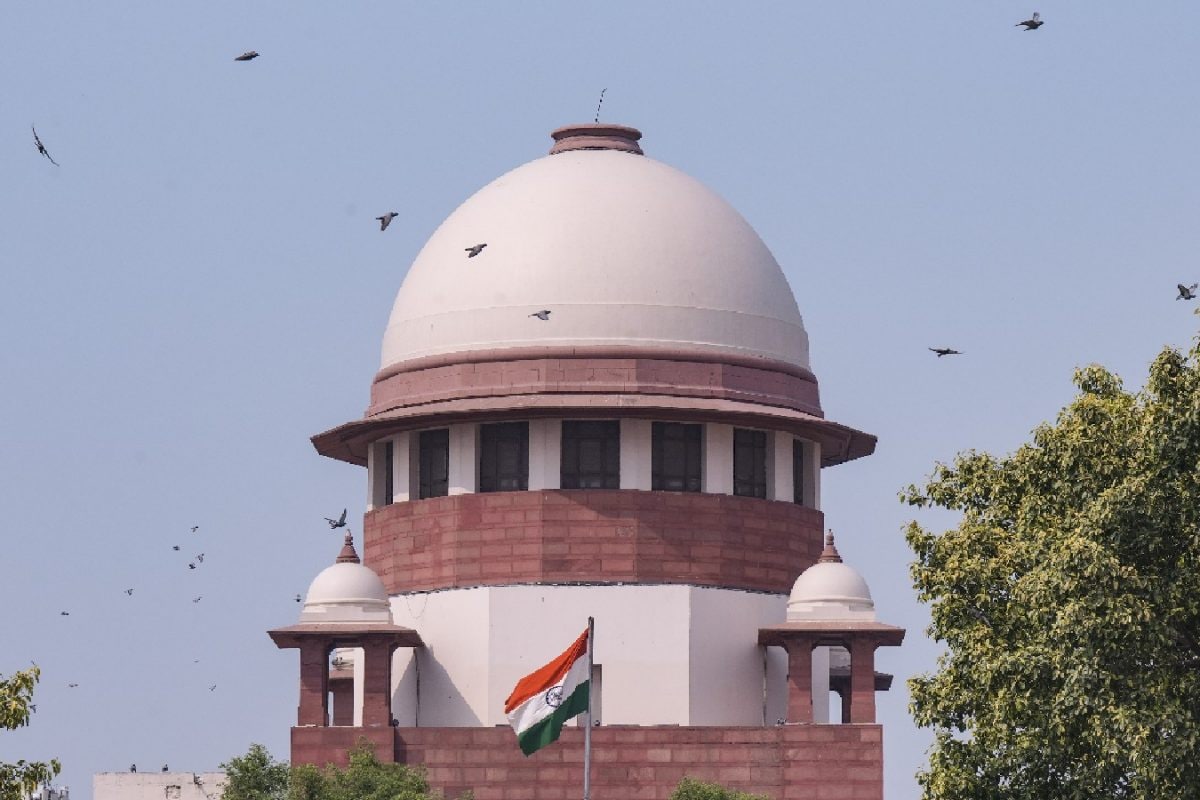

In a significant ruling concerning the 2021 West Bengal post-election violence, the Supreme Court of India overturned the bail granted to five individuals accused of involvement in a violent attack. The court strongly condemned the incident, characterizing it as a grave assault on the very foundation of democracy. A bench comprising Justices Vikram Nath and Sandeep Mehta delivered the order, emphasizing the severity of the allegations and the potential for the accused to obstruct a fair trial.
The case originates from an FIR filed by a Hindu resident of Gumsima village in West Bengal. The complainant alleged that following the state elections, a mob affiliated with the Trinamool Congress party attacked him and his family for supporting the Bharatiya Janata Party (BJP). The FIR detailed a horrifying sequence of events, including the vandalization of their home by 40 to 50 armed assailants, looting of valuables, and the sexual assault of the complainant's wife. The complainant's wife was allegedly dragged by her hair, forcibly undressed, and molested. She attempted to stop the attack by pouring kerosene on herself and threatening self-immolation, which caused the mob to temporarily flee. The family was then forced to leave the village, and the local police allegedly refused to register their FIR, advising them to leave for their own safety.
The Central Bureau of Investigation (CBI) was later directed by the Calcutta High Court to investigate cases of post-poll violence, including this one. The CBI arrested the accused in November 2022 and filed a charge sheet. However, the Calcutta High Court granted them bail, prompting the CBI to appeal to the Supreme Court.
The Supreme Court, after reviewing the case, expressed deep concern over the High Court's decision to grant bail. The Justices stated that the allegations against the accused were so severe that they "shake the conscience of the Court." They further noted "there is an imminent propensity of the accused persons adversely affecting the proceedings of the trial". The Supreme Court highlighted the allegations of sexual assault and communal targeting, stating they had the effect of undermining democratic foundations.
The court pointed out the reprehensible nature of the attack, emphasizing the vengeful attitude of the accused and their objective to subdue supporters of the opposing party. The bench stated that the attack was a "dastardly offence" and nothing short of a "grave attack on the roots of democracy." The Supreme Court also noted that the trial had not progressed since the filing of the chargesheet in 2022 and attributed the delay to the accused's non-cooperation.
Consequently, the Supreme Court cancelled the bail of the five accused and directed them to surrender to the trial court within two weeks. The court further instructed the trial court to take coercive measures to ensure their presence if they failed to surrender voluntarily. Upon surrendering or being arrested, the accused are to be remanded to custody. To ensure a fair and speedy trial, the Supreme Court directed the trial court to conclude the proceedings within six months. Additionally, the West Bengal Home Secretary and the Director General of Police were directed to provide protection to the complainant and key witnesses, ensuring they can appear and depose freely without fear.
This ruling underscores the Supreme Court's commitment to upholding the integrity of the electoral process and protecting citizens from post-poll violence. The court's strong condemnation of the attack as an "assault on democracy" sends a clear message that such acts of violence and intimidation will not be tolerated, and those responsible will be held accountable. The decision also highlights the importance of ensuring fair trials and protecting witnesses in cases involving political violence.